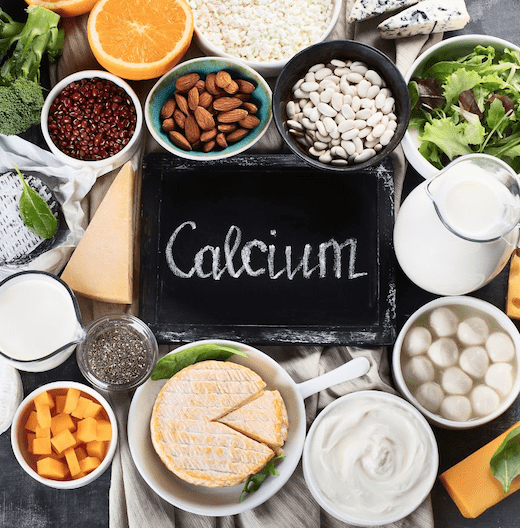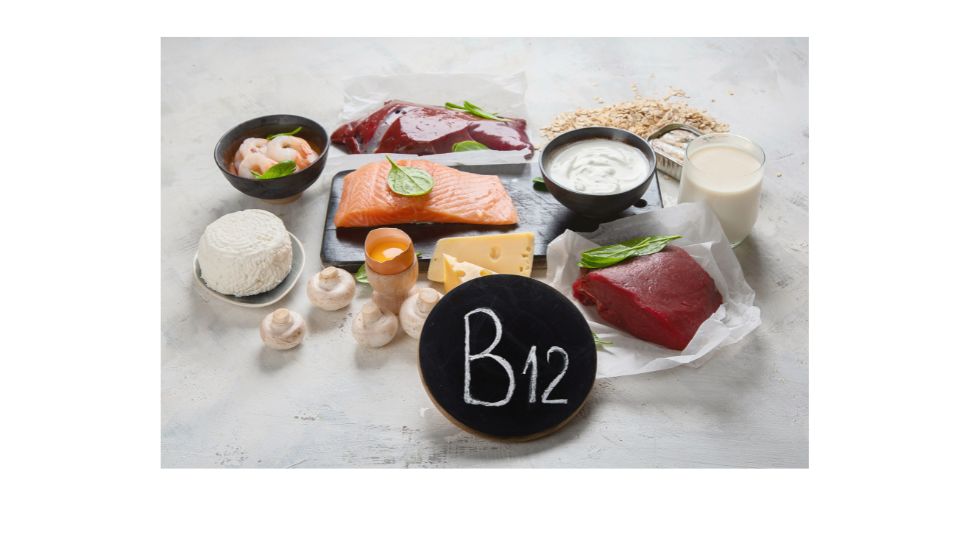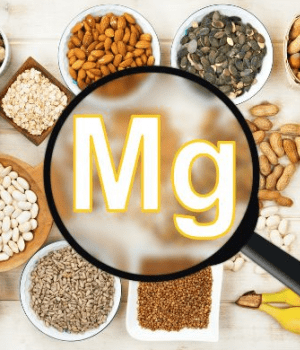After 30, your body craves special attention. Discover the five powerhouse nutrients that will revolutionize your health and keep you thriving well beyond your thirties.
1.Calcium (Your Key to Stronger Bones After 30)

Essential for maintaining bone health and preventing osteoporosis, especially in women post-menopause. Adequate calcium intake is crucial for maintaining strong bones and reducing the risk of fractures as you age.
Calcium sources:
- Dairy products like milk, yogurt, and paneer (cottage cheese).
- Green leafy vegetables such as spinach (palak) and fenugreek (methi) are traditional sources of calcium.
- Nuts and seeds like almonds (badam) and sesame seeds (til) are also good sources of calcium.
2.Vitamin D (The Power for Vitality Over 30)
Plays a critical role in calcium absorption and bone health. Vitamin D also supports immune function, mood regulation, and may help reduce the risk of chronic diseases such as heart disease and certain cancers.
Vitamin D sources:
- Sunlight exposure is the primary source of vitamin D production in the body.
- Fatty fish like salmon (rawas), mackerel (bangda), and tuna (chura) are rich in vitamin D.
- Fortified foods such as fortified milk (fortified dudh) and fortified cereals (fortified anaj).
3.Omega-3 Fatty Acids (Keeps Your Heart and Mind Sharp After 30)
Essential for heart health, brain function, and reducing inflammation. As you age, omega-3 fatty acids may help maintain cognitive function, reduce the risk of age-related cognitive decline, and support cardiovascular health.
Omega-3 sources:
- Fatty fish like salmon (rawas), sardines (pedvey), and mackerel (bangda) are abundant sources of omega-3 fatty acids.
- Flaxseeds (alsi) and chia seeds (sabja) are rich in omega-3 fatty acids.
- Walnuts (akhrot) are another excellent source of omega-3s.
4.Vitamin B12 (Energizing Your Body and Mind Beyond 30)

Vital for nerve function, red blood cell production, and DNA synthesis. As you age, absorption of vitamin B12 from food sources may decline, increasing the risk of deficiency. Adequate intake of vitamin B12 is crucial for maintaining cognitive function and energy levels.
Vitamin B12 sources:
- Dairy products like milk (dudh) and yogurt (dahi) are primary sources of vitamin B12.
- Eggs (andey) are commonly consumed in various forms and are rich in vitamin B12.
- Meat and seafood such as chicken (murgi), fish (machhli), and shellfish (shingda) provide vitamin B12.
5.Magnesium(Nourishing Your Heart and Mind After 30)
Important for over 300 biochemical reactions in the body, including muscle and nerve function, blood sugar regulation, and blood pressure control. Magnesium deficiency has been linked to various age-related conditions such as hypertension, osteoporosis, and diabetes.
Magnesium sources:
- Whole grains like brown rice (chawal) and whole wheat (gehun).
- Nuts and seeds like almonds (badam) and pumpkin seeds (kaddu ke beej).
- Legumes like lentils (dal) and chickpeas (chana) are commonly used in Indian cooking and are good sources of magnesium.

































